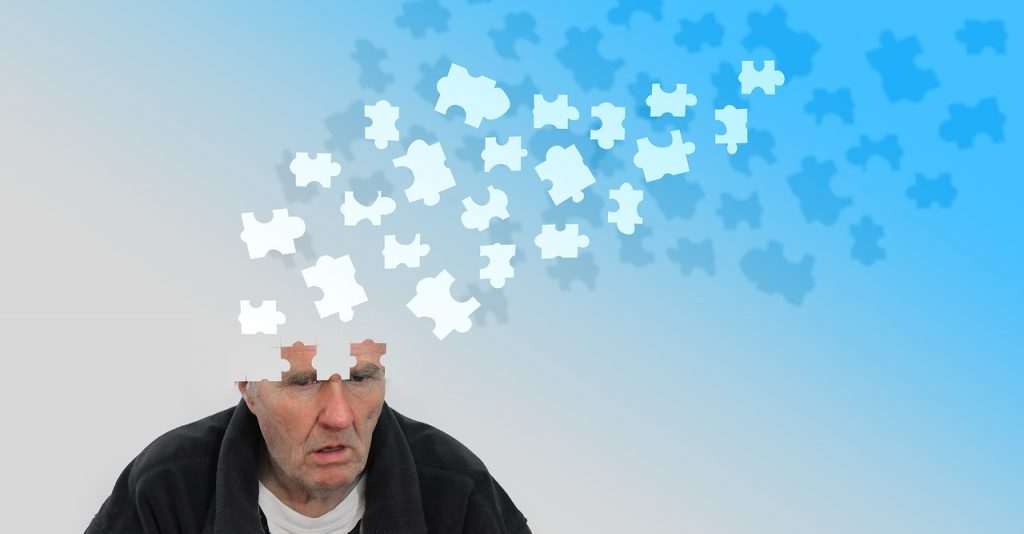As we age, some of us decline in cognitive ability faster than others. A decline in cognitive ability is very common as one gets older but there are ways to help delay or prevent memory loss for the elderly. There are several memory care tips for your aging loved ones that you can do at home.
Age-related memory loss should not be confused with cognitive disorders such as dementia or Alzheimer’s disease.
Memory Care Tips You Can Do at Home
• Stay Physically Active – Seniors often become sedentary as they age. One way to keep their mind sharp and active is to engage them in physical activities. This will not only benefit their bodies but their minds as well.
• Getting Enough Sleep — Lack of sleep can contribute greatly to memory loss. Make sure that your elderly loved one is getting an adequate amount of sleep each night.
• Socialize on a Regular Basis – Depression is not uncommon to seniors. As a person ages, social interaction tends to decline and then loneliness sets in. Not only is lack of sleep a huge contributor to memory loss, depression and stress also contribute to the decline of memory among the elderly. Make your elderly loved one engaged in social activities by encouraging them to have regular meetings with friends or have them join clubs that seniors find engaging.
• Stay Mentally Active – Unfortunately, seniors stop learning as they get older. As minds become complacent, it is good for the elderly to have them engage in things that would make them mentally active. Have them do crossword puzzles, encourage them to read more (could be books or the morning paper), learn a new skill, or discover a new hobby.
• Proper Diet – Eating a balanced, healthy diet will not only make the elderly physically healthy. It also helps their mental health significantly.
• Organizing the Home – Clutter can cause distractions and also stress. One way to help the elderly keep their mind sharp is to help them become more organized. Create to-do lists that they can follow through, set up a dedicated space in the house for things that are easily misplaced like house keys and car keys and make sure that things are put back after each use.
Key Facts About Memory Care
National Institutes of Health always tries to find new interventions to improve treatments for dementia and other devastating diseases that contribute to memory loss.
Here are a few memory care facts you should know about.
• Memory Care Communities Offer Programs To Help Address Behavioral Problems – As memory care is improving greatly, senior living providers are starting to include more advanced memory care programming. These stages are meant to address each stage of dementia. These facilities provide therapeutic programs that help residents with memory impairment, wandering and other common dementia behaviors. Its purpose is to help improve the resident’s quality of life.
• Memory Care is Expensive, But Comprehensive – The average cost of memory care is about $5,000 for a single resident, and numerous senior living facilities provide 24 hours supervised care for patients suffering from dementia and Alzheimer’s disease.
• Purpose of Memory Care Facilities – They are built for the specific purpose of catering to people with dementia as well as those with Alzheimer’s disease.
If you’re looking for a facility that treats your loved one with memory impairment with much dignity and respect, check out Courtyard Gardens Senior Living. They will not only help you with memory care tips, they’ll also provide your loved one the care and assistance they need, but will also For more information about the facility and their services, call (561)568-4849 now!


